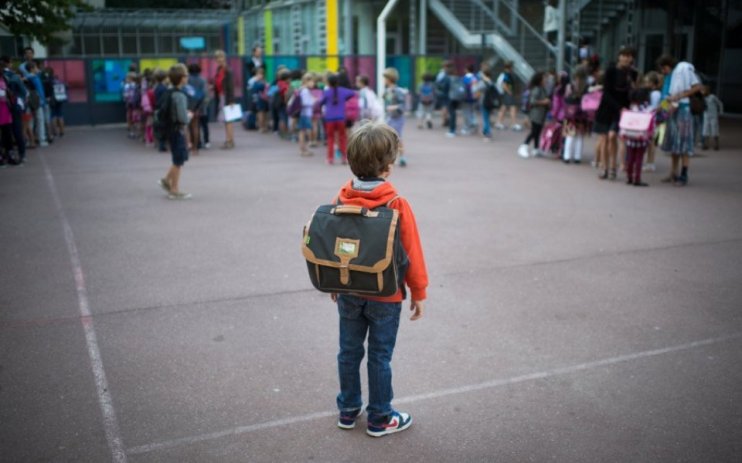Getting young people back to school in September is critical to their health

Being at school is good for health. Even now, in the middle of a pandemic, schools can be important for wellbeing by keeping a sense of normality.
Yet the parents, students and teachers weighing up the risks on how safe classrooms will be for young people in September might not be aware of the strong evidence on the direct health benefits of education, which could tip the scales for them.
Researchers have long understood that education improves health outcomes. Good education can mitigate social stressors, and provide access to employment opportunities and life chances that could protect individuals from later-life inequalities. It connects people to opportunities. It is considered by many as an independent determinant of good health – some studies show that the more educated and skilled you are, the more likely you will report better health even when compared to those with similar backgrounds.
Read more: The A-level results fiasco is a scandal of the government’s own making
Furthermore, studies highlight that higher levels of education reduce chances of developing diseases such as diabetes and dementia in later life. While it might be the case that it is what education leads to – great jobs or higher incomes – rather than the education itself that is making this change, it is clear that being in – and staying in – education affects long-term health.
As part of our Young people’s future health inquiry, we at the Health Foundation spoke with many young people across the country to learn more about their education opportunities and challenges during the lockdown.
It is undeniable that the current pandemic has presented a barrier to education like never before – as young people have gone online to learn, studying in their shared bedrooms or noisy living rooms across the country. Those who are fortunate enough to have their own desk and own technology have still faced an unprecedented challenge, and have had to motivate themselves to learn like no generation before them.
Of course, it’s not just knowledge of maths and English that young people develop while in education. They also gain lifelong social skills, as they build trusted relationships with peers and teachers, and learn to feel valued and empowered. Since March, important social spaces such as schools, colleges and universities have been missing for young people aged 12-24. Instead, they went online for their daily lessons.
Importantly, the connective social capital of trusted adults cannot be replicated virtually. For example, one young person we spoke to as part of our inquiry credits their maths teacher suggesting a particular apprenticeship scheme for them as setting them on a path, which led to them running their own electrician business. Without the personal connections formed in person at school, we will never know about the missed opportunities, the inspirational moments which never happened, or the role models who couldn’t make the same connections over Zoom.
There have always been interlinked education and health inequalities across England, demonstrated by the fact that by the age of 30, those with higher levels of education are expected to live four years longer than those with the lowest level of education. Covid-19 has undoubtedly widened these inequalities, with parents with higher levels of education able to support their children as their lessons get more difficult. While middle-class parents may joke about not being able to support their nine-year-old’s math’s homework, engagement with home-learning has been shown to be higher among richer households.
Read more: Government says reopening schools is a ‘national priority’
So, how can we move forward from here? As outlined by hundreds of paediatricians at the Royal College of Paediatrics and Child Health (RCPCH), getting young people back to education in September is critical, and parents must be confident that their children are safe and supported in the classroom to encourage attendance.
Ultimately, what happens in terms of policy in the next six months will be pivotal to the long-term health of our nation’s youth. While the government looks to rebuild the country, young people and their education must be prioritised – particularly those aged 16-19, who have not been at the forefront of the response so far.
It is evident that the years between age 12 and 24 are a crucial period for young people, as they seek to form the foundations that help them live a healthy life. The impact of Covid-19’s disruption on young people cannot be underestimated, and we must ensure that education policies are at the heart of our Covid-19 response strategies.
The health of our young people is one of our nation’s greatest assets, and we must ensure that this “Lockdown Generation” gets the educational support that they deserve.
Read more: Lockdown Generation: Without support, young people face a health crisis as well as an economic one
Main image credit: Getty